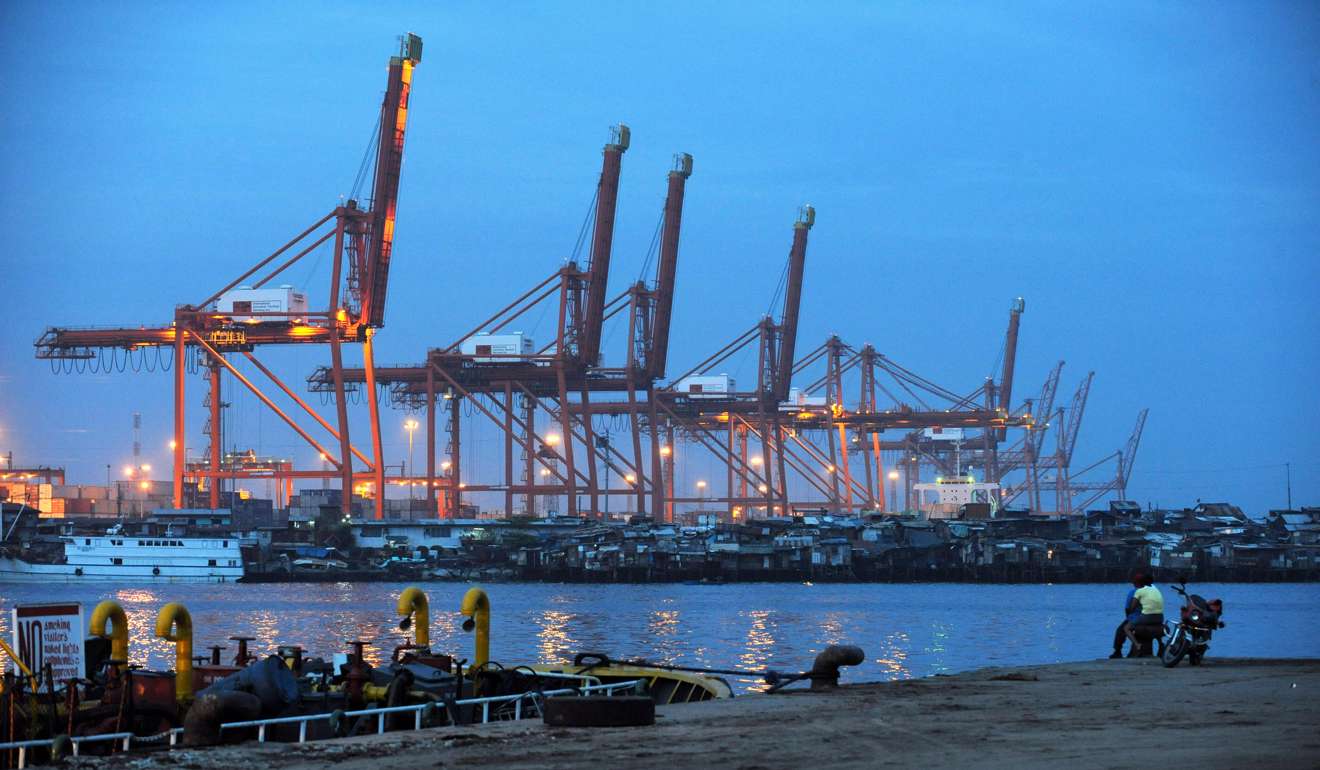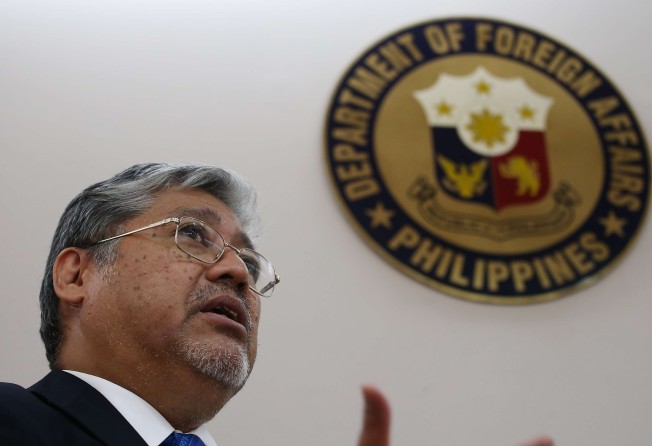
Slow progress on projects … but China, Philippines hope time will heal all wounds
Manila urges patience for huge infrastructure projects to get underway as two nations try to move on from fractured relations

The Philippines Acting Foreign Minister says his country is keen to promote further investment with China, but cautioned that it could take some time to get large infrastructure projects already agreed up and running.
Enrique Manalo’s comments came after the Philippines and China have been attempting to heal ties fractured over the two nations’ rival claims to disputed waters in the South China Sea.
The Philippines President Rodrigo Duterte is due to attend a summit in Beijing next month on its massive “Belt and Road” initiative to increase trade and infrastructure ties between China, Asia and beyond.
Chinese officials pledged US$15 billion in investment in the Philippines during Duterte’s visit to China in October, according to the Philippine Department of Finance.
Manalo told the South China Morning Post that many of the projects were only agreed towards the end of last year and that it would take time to get the work underway.
“The economic sanctions were removed after the president went to China and we now have good economic relations,” Manalo said. “We are committed to better and growing relations and it’s important that we maintain the political will to do so.”
Duterte’s trip to Beijing last October was part of efforts to heal the rifts over the two nation’s disputes over the South China Sea.
Chinese Vice-Premier Wang Yang signed further multiple agreements with the Philippines during his four-day visit to Manila last month, including a US$1 billion deal for agriculture exports and financing for 15 infrastructure projects including two railways, a hydroelectric dam and an irrigation system.
China also established a six-year programme to develop economic ties with the Philippines.

Endemic problems in the Philippine such as lax city planning, difficulties in transferring land ownership and a lack of political trust between the two countries have hindered the projects, critics say.
Similar infrastructure projects with Chinese involvement in other nations in Southeast Asia have run into problems.
A railway project connecting Jakarta with Bandung in Indonesia was suspended for over a year amid delays in government clearances and local resistance to the route. Another railway project in Thailand was reduced in scale due to concerns over its economic feasibility.
Manalo said many schemes involving China and the Philippines were “in the pipeline”, but would take a long time to complete.
“I suspect some of them will get under way in the near future,” he said.
“Many are big projects and it takes time to move forward. We need to give these projects a bit of time. It’s easy to reach agreement on the principles, but the difficulties are in the details. We just have to be patient”.
Ties between China and the Philippines hit a low after Manila pursed a case at an international tribunal in The Hague contesting Beijing’s claims to much of the South China Sea.
The tribunal ruled in the Philippines favour last year, but Duterte has since initiated a more conciliatory approach to try to heal ties with Beijing.